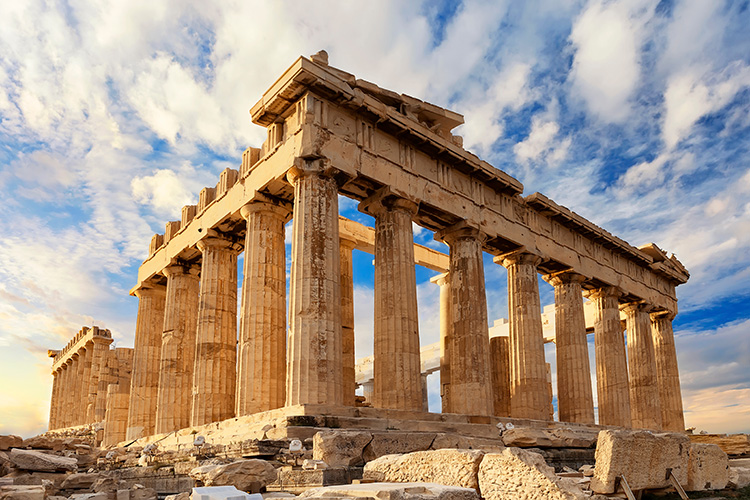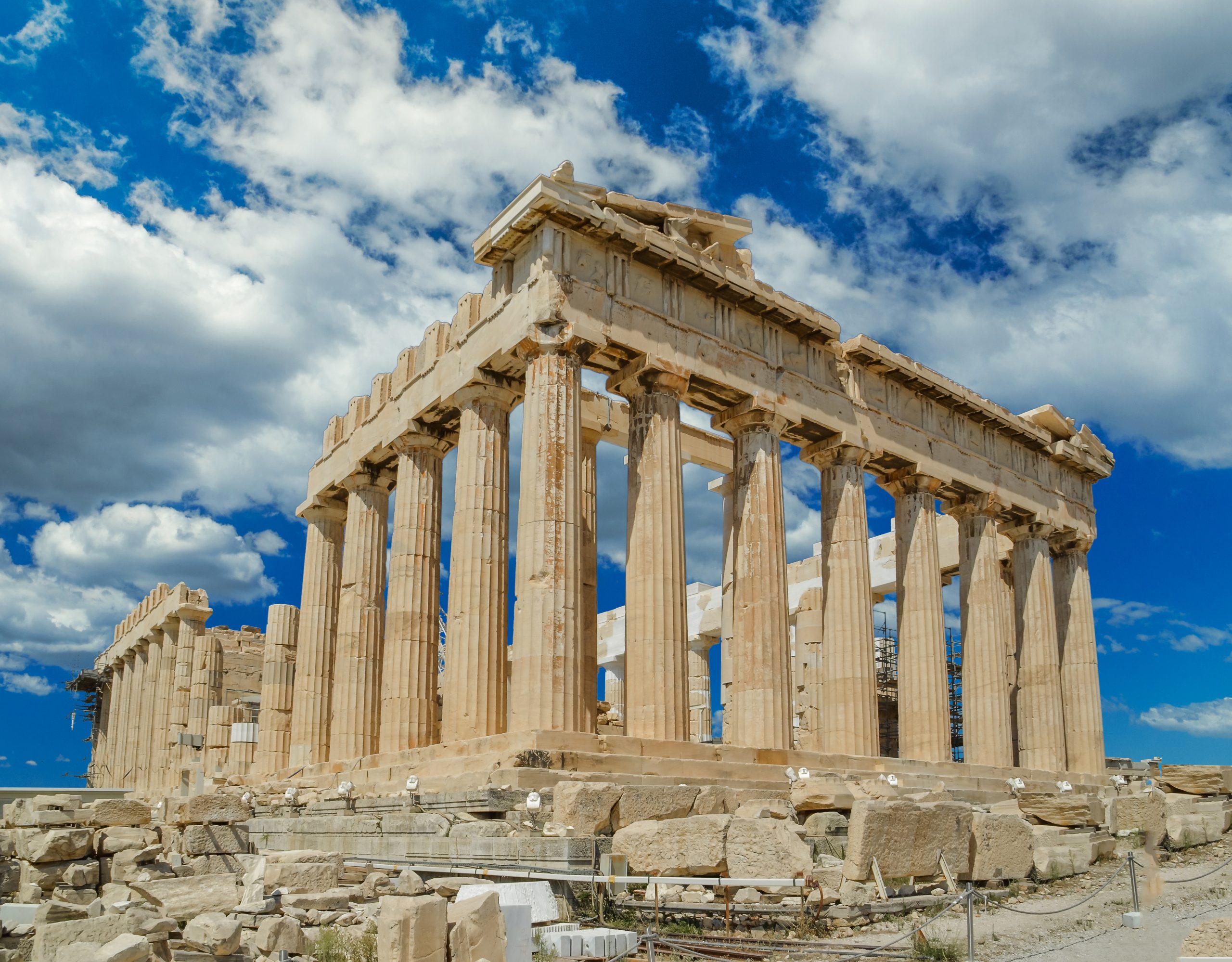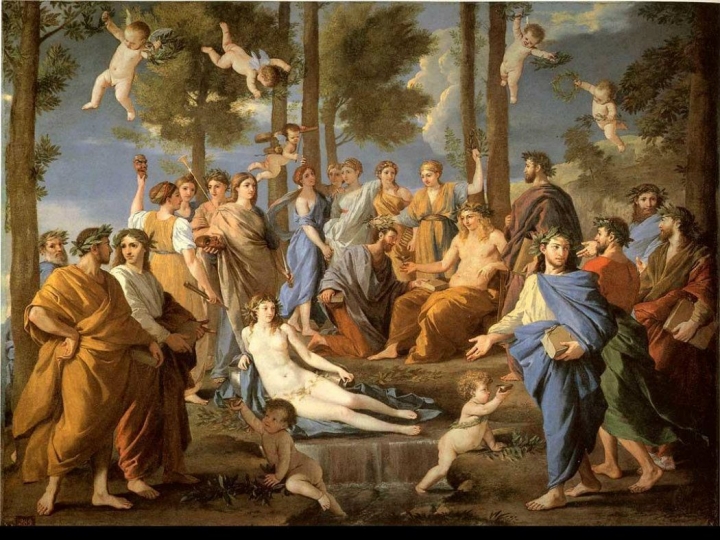

Greek mythology does not just tell the stories of gods and goddesses, however.
Eros (Cupid): god of sex and minion to Aphrodite. Hestia (Vesta): goddess of home and family. Other gods and goddesses sometimes included in the roster of Olympians are: Hermes (Mercury): god of travel, hospitality and trade and Zeus’s personal messenger. Hephaestus (Vulcan): god of fire, metalworking and sculpture. Dionysus (Bacchus): god of wine, pleasure and festivity. Demeter (Ceres): goddess of agriculture and grain. Athena (Minerva): goddess of wisdom and defense. Artemis (Diana): goddess of hunting, animals and childbirth. Apollo (Apollo): god of prophesy, music and poetry and knowledge. Aphrodite (Venus): goddess of beauty and love. Hera (Juno): the queen of the gods and goddess of women and marriage. Zeus (Jupiter, in Roman mythology): the king of all the gods (and father to many) and god of weather, law and fate. They do not, however, bother to introduce the gods and goddesses who are their main characters, since readers and listeners would already have been familiar with them.Ħ Scandals That Rocked the Winter Olympics The poet Homer’s 8th-century BC epics the Iliad and the Odyssey, for example, tell the story of the (mythical) Trojan War as a divine conflict as well as a human one. 
Instead, the earliest Greek myths were part of an oral tradition that began in the Bronze Age, and their plots and themes unfolded gradually in the written literature of the archaic and classical periods. In Greek mythology, there is no single original text like the Christian Bible or the Hindu Vedas that introduces all of the myths’ characters and stories. WATCH: Clash of the Gods on HISTORY Vault Greek Mythology: Sources

They explained everything from religious rituals to the weather, and they gave meaning to the world people saw around them. “The first is to answer the sort of awkward questions that children ask, such as ‘Who made the world? How will it end? Who was the first man? Where do souls go after death?’…The second function of myth is to justify an existing social system and account for traditional rites and customs.” In ancient Greece, stories about gods and goddesses and heroes and monsters were an important part of everyday life. “Myth has two main functions,” the poet and scholar Robert Graves wrote in 1955.







 0 kommentar(er)
0 kommentar(er)
